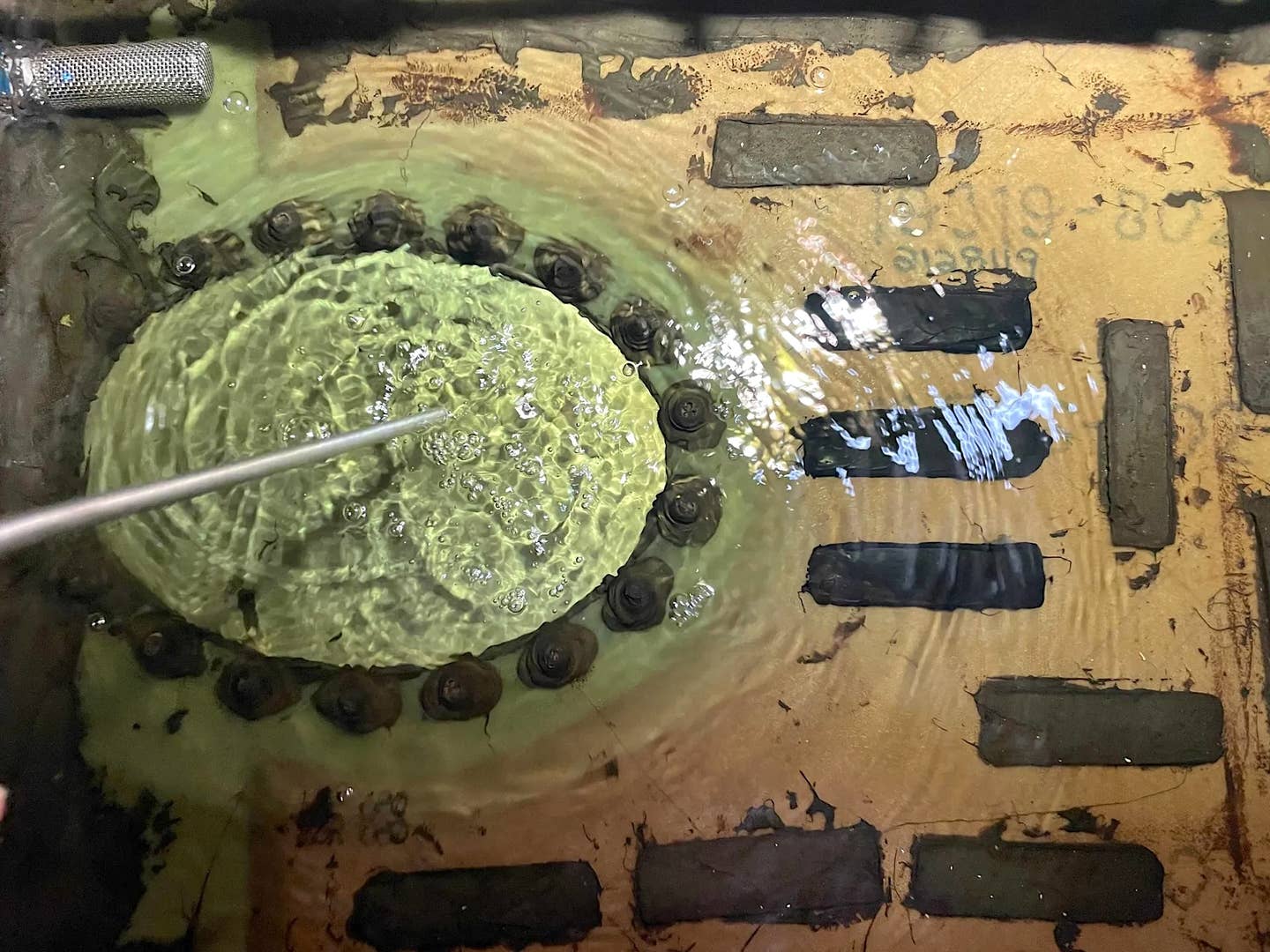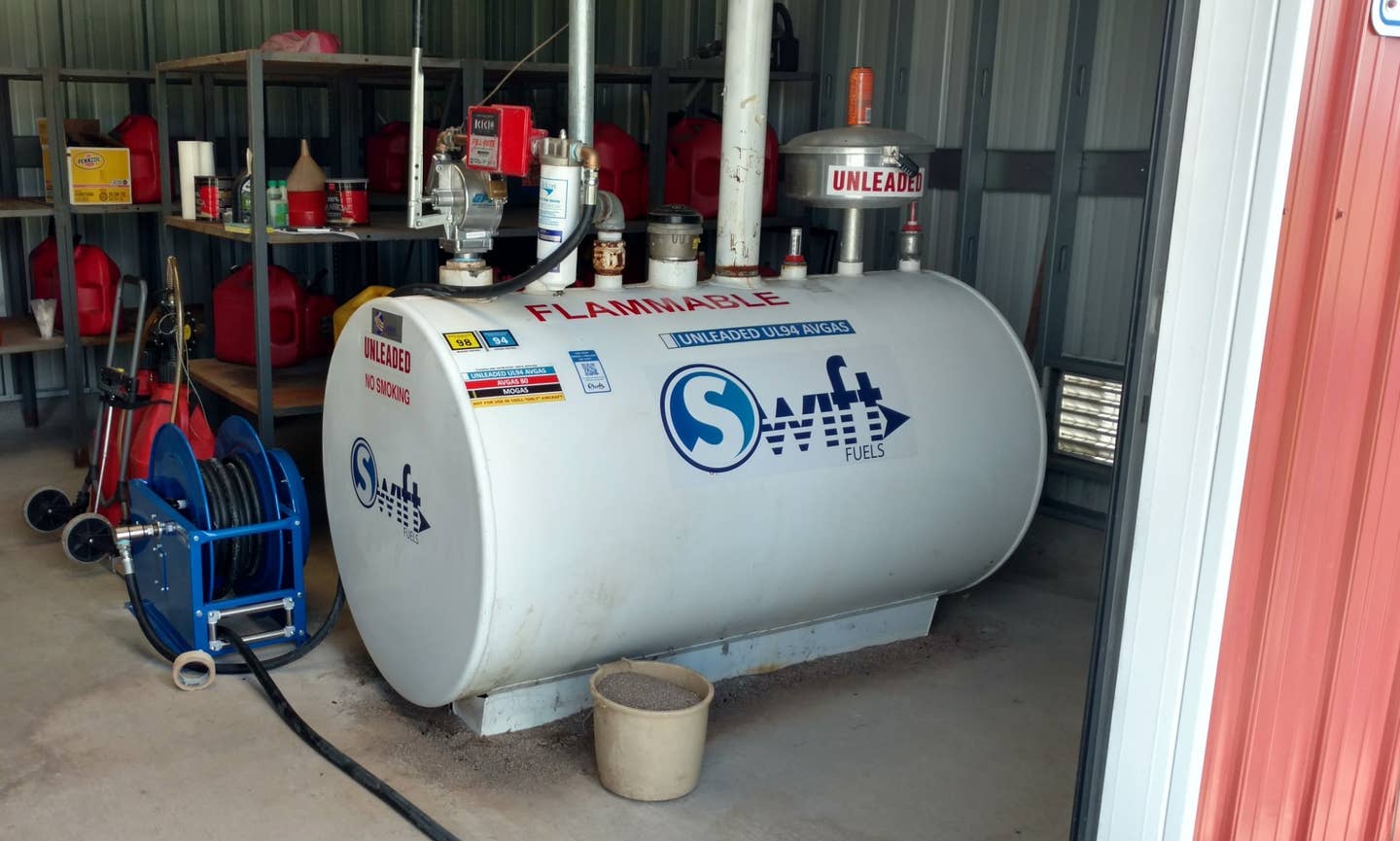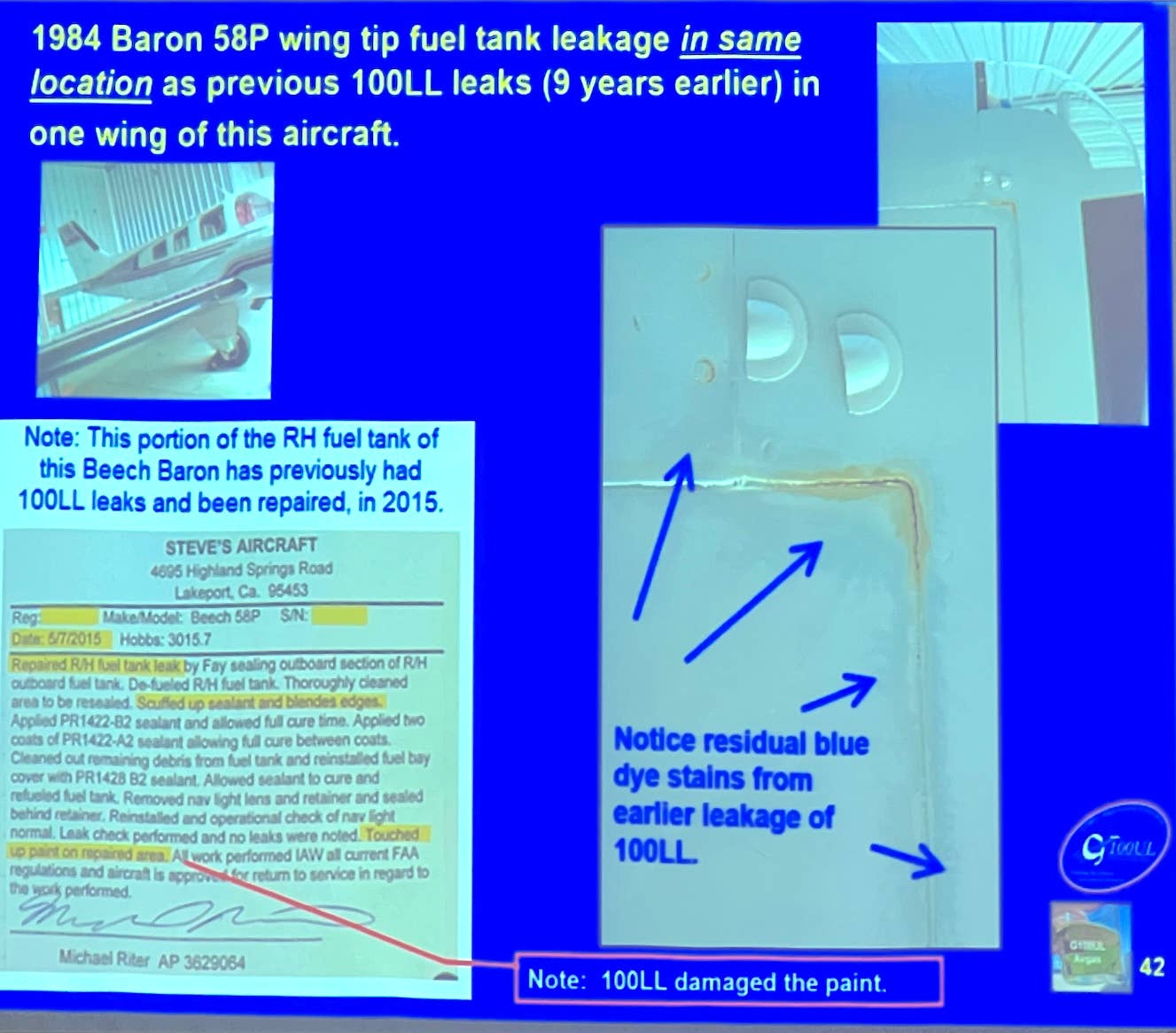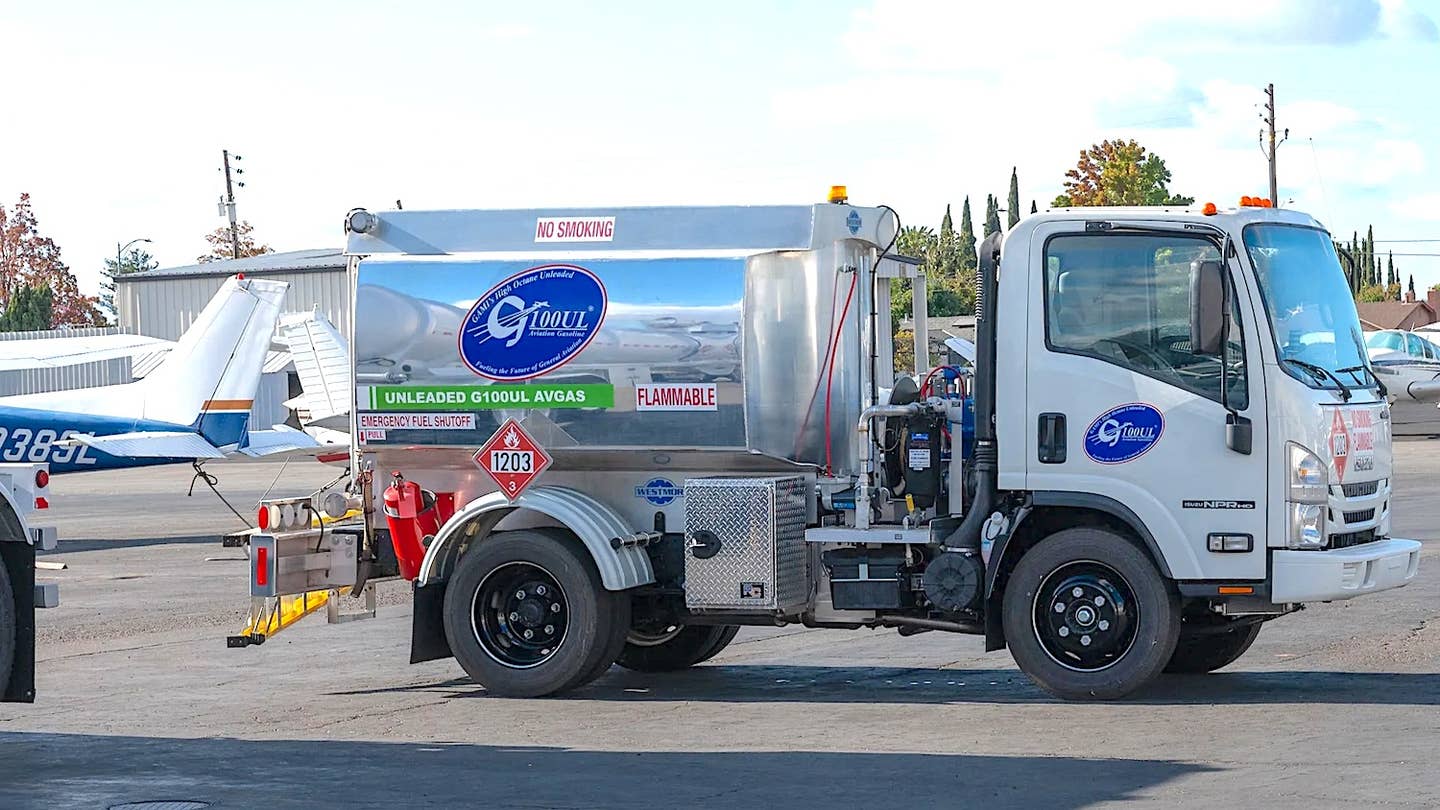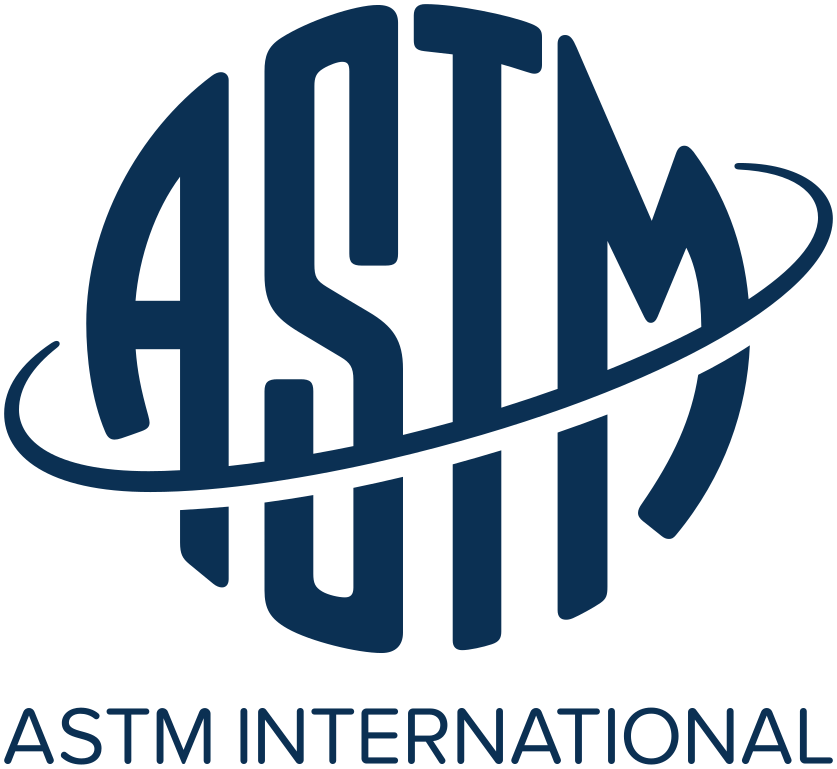The Savvy Aviator #38: Aircraft Owners, Keep Out!
It’s increasingly difficult to find shops that permit owner-assisted annuals and other supervised maintenance-by-owner. That’s a pity, but the reasons for it are understandable.
The Savvy Aviator
Recently I heard from a fellow Cessna 310 owner, obviously frustrated, who had been searching for a good shop to perform an owner-assisted annual on his airplane:
"It's getting harder all the time to find a shop that will allow any owner involvement in an annual inspection. The ones I've found that will allow it always seem to be mechanics I'd rather not work on my airplane. They may be good mechanics, but they don't have any type-specific experience working on twin Cessnas and don't want to take the time to look up the correct procedures in the service manual."At the other end of the spectrum, the big shops that have a lot of twin-Cessna experience seem unwilling to let owners watch, much less assist. They also tend to be expensive, partly because they insist on doing everything strictly by the book."The manager of one well-known twin-Cessna shop told me that they absolutely insist on doing a complete landing gear re-rigging at every annual, and that they also require 500-hour magneto inspections, claiming that these things are mandatory under the FARs."Now, I'm not arguing that these things shouldn't be done, but are they really required by regulation? I'd be more comfortable if the shop manager told me that these things were strongly recommended, not that they were required. Now I'm starting to wonder whether this shop would refuse to sign off an annual inspection if an engine were past TBO?"
I suspect that many owners share these frustrations. It turns out that there are some valid reasons why big shops often tend to appear less flexible and owner-friendly than smaller ones.
Business Concerns
Like it or not, aircraft repair shops are businesses, and some shop managers feel that they simply cannot operate in a businesslike fashion if owners are hanging around the shop. Here are the sentiments of the manager of a Texas shop with a superb reputation for top-notch maintenance:
"We couldn't get anything done if we let the owners in the shop on every plane we worked on. It's a distraction. You simply can't run a business with the owner breathing down your neck. Think about your business -- do you allow your customers to watch what you do and see the inner-workings of your business?"Some owners who work on their own aircraft are knowledgeable and highly motivated. Unfortunately, you need a bit more than that to do quality work on an aircraft. You have to do it day after day, year after year. There's no substitute for experience."We have at least five planes crammed in our shop at all times with more waiting. We're booked year-round, and every owner wants their plane now!"I think a knowledgeable owner is a good thing. But owners should be careful about doing their own work on critical airworthiness items such as rigging, engine, or mags. Saving money should never be your bottom-line when it comes to maintenance and repairs of your aircraft. That's fool's gold ..."
As a hands-on aircraft owner who believes passionately in owner-involved maintenance, I frankly don't care one bit for the attitude expressed by this shop manager. As a businessman, however, I can appreciate why he feels the way he does. If I were in his shoes, perhaps I would feel the same way.
Liability Concerns
Another major factor in the increasing reluctance of shops to allow owners to perform maintenance under supervision is heightened concerns about liability, stemming from the General Aviation Revitalization Act of 1994 (GARA), which took aircraft manufacturers off the hook for product liability for GA aircraft older than 18 years. An unintended consequence of this law has been a huge increase in litigation against mechanics and repair shops, and a corresponding increase in their concerns about liability.An aggravating factor in the past few years has been the increasing difficulty of obtaining Errors & Omissions (liability) insurance for GA repair shops. Only a tiny handful of companies are still willing to write such insurance any more, and those that do have been increasing their premiums at a punishing rate.In the old days, mechanics and shops only had to worry about whether the work they were doing was safe and legal. Nowadays, they worry increasingly about "how it will look in front of a civil jury" and that's a whole different kettle of fish.The result is that many of the biggest and best maintenance shops in the country will no longer consider owner-assisted annuals and other supervised owner maintenance. As an aircraft owner, you need to decide for yourself whether a shop's reputation for doing outstanding maintenance outweighs its aversion to owner involvement and efforts to save money.
Repair Station Rules
Another huge problem arises when the shop involved is an FAA-approved Repair Station, as is the case with many large shops. Repair stations are certificated under Part 145 of the FARs, and their operations are governed by a thick FAA-approved document formerly known as an Inspection Procedures Manual (IPM) and now called a Repair Station Manual (RSM).A Repair Station's RSM specifies exactly what kinds of maintenance and alterations the shop is allowed to do, which shop personnel are permitted to perform which tasks, and what procedures will be employed in performing, inspecting and approving the work. Frequently, the wording of the RSM prohibits or severely restricts work being done by non-employees (including customers).To make matters worse, a new Part 145 rule (145.163) recently took effect that requires each Repair Station to implement an FAA-approved training program for its personnel. The rule requires that work done by the Repair Station be performed by individuals who have received specific initial and recurrent training for the tasks they are performing.This new rule is undoubtedly a step in the right direction to help assure that only competent people will swing wrenches on our aircraft. Unfortunately, it's also another major stumbling block for the maintenance-involved owner who wants to work on his airplane under supervision.The bottom line is that owners wishing to do an owner-assisted annual will probably have to steer clear of shops that operate as Part 145 Repair Stations.
Required Or Recommended?
What about the shop that insists on doing a full, annual, landing-gear rigging or 500-hour magneto inspections? Granted these are things that really ought to be done, but are they actually required by regulation? As with many things in aviation, the answer to this question is, "It depends."Strictly speaking, these things are not mandated by regulation for an aircraft operated under Part 91. Just because the manufacturer's maintenance manual or service bulletin says that we "must" do such operations every so many months or so many hours doesn't mean that we actually have to do it. Such things are truly mandatory only if they are required by an Airworthiness Directive or by an FAA-approved Airworthiness Limitation.Nevertheless, if the shop doing an annual inspection on our airplane is a Repair Station, then they are compelled to follow the procedures in their FAA-approved Repair Station Manual. If the RSM says that they will do a full gear rigging every year or a magneto inspection every 500 hours, or that they will comply with all scheduled maintenance set forth in the aircraft manufacturer's service manual, then that's what they are obliged to do as a condition of their Repair Station Certificate. If you don't like it, you can always take your aircraft to another shop.What if your annual inspection is being done by a shop that is not a Repair Station? The A&P/IA inspecting your airplane is not compelled by regulation to perform these procedures. But if he insists on doing them because he considers them essential to ensure that your aircraft is safe to fly, he's still on pretty firm ground.
What "Airworthy" Means
When an IA signs off an annual inspection, he's asserting that the aircraft is airworthy. For an aircraft to be "airworthy" it must meet two criteria: (1) It must be in compliance with its type design and all applicable airworthiness requirements (such as ADs); and (2) It must be in condition for safe operation.Criterion #1 -- compliance with type design, ADs and other airworthiness requirements -- is theoretically an objective standard. If you had a dozen IAs inspect an aircraft, they should all theoretically agree whether the aircraft is or is not in compliance.However, criterion #2 -- being in condition for safe operation -- calls for a subjective judgment by the IA. Different IAs may reasonably differ on whether an aircraft is "in condition for safe operation" and there's nothing wrong with that.I doubt any IA can make a valid case for either a complete gear rigging or 500-hour magneto maintenance to be "required by regulation" on a Part 91 airplane. However, I do think the IA would be correct in stating that both these procedures are essential to ensure that the aircraft is "in condition for safe operation."Any time a mechanic tells you that something is required by regulation, it's perfectly appropriate for you to ask him to show you the specific regulatory reference that is the basis for his assertion. In my experience, mechanics often say that something is required by regulation when in fact it isn't required for Part 91 operators.On the other hand, if a mechanic tells you that he is unwilling to approve an aircraft for return to service after an annual inspection unless certain work is done as specified by the manufacturer because he considers that work necessary to ensure that the aircraft is "in condition for safe operation," he's well within his rights. The IA is required to make that determination at annual inspection, and his determination is subjective so it's difficult to challenge.What if an IA insists on something you consider excessive and unacceptable -- e.g., requires removal of all cylinders at every annual, or is adamant that you "major" a good-running engine just because it has reached TBO -- because he considers it essential to satisfy himself that your aircraft is "in condition for safe operation"? If you don't want the IA to do the work and can't talk him out of it, then you really have only two options.One option is not to let him do the inspection, and to take your airplane to another shop or mechanic with a more reasonable attitude.The other option is to direct the unreasonable IA to complete the inspection without performing the disputed procedure, and sign off the annual with discrepancies. This means that you'll get your airplane back with a signed and dated list of items the IA considers unairworthy. You can't fly the airplane (unless you obtain a ferry permit), but you can take it to another mechanic (hopefully one with a more reasonable attitude) and ask him to resolve the discrepancies and approve the aircraft for return to service. The second mechanic only needs to deal with the listed discrepancies -- he does not need to redo the annual inspection.
Shades Of Gray
Some would have you believe that airworthiness is a black-and-white concept: Either something is airworthy or it isn't. In my view, that's not correct.The aspects of airworthiness concerned with determination of conformance to type design and airworthiness requirements are indeed black-and-white. Either a wing skin is made of the required 0.032"-thick 2024-T3 Alclad aluminum or it isn't. Either AD 2000-01-16 has been complied with or it hasn't.However, the aspects of airworthiness concerned with determination of condition for safe operation are subjective and come in a thousand shades of gray. Different mechanics may reasonably differ on whether a landing gear really needs to be rigged at every annual, or whether mags really need to be disassembled every 500 hours, or flexible hoses changed every five years, or an engine overhauled when it reaches published TBO.As an aircraft owner, you would be wise to interview a prospective IA and determine whether his philosophy about maintenance and airworthiness is compatible with your own before hiring him to perform an annual inspection on your aircraft. That goes double if you're hiring a Repair Station.See you next month.

